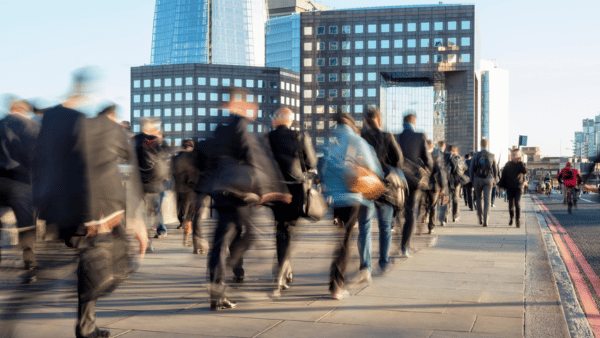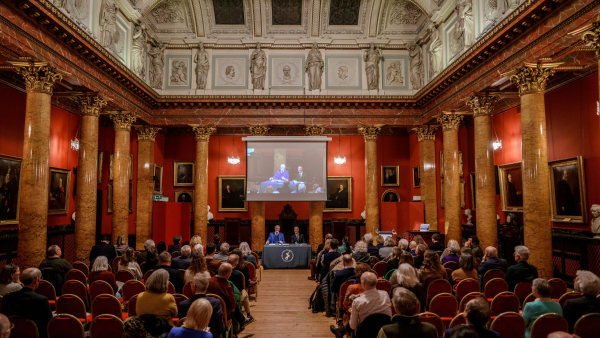Are we still a liberal nation? Are we even pretending or aspiring to be one?
Several extraordinary years in politics and public life have shaken Britain’s image of itself as a model of liberal democracy. The status of political parties, the media, and public officials have morphed and shifted as increasingly desperate attempts have been made to contain the impulses of reactionary nationalism within mainstream political institutions. Widening inequality and the expanding role of technology have changed the way we relate to one another, eroding the sense of consensus required for liberal politics to thrive. Momentous public votes and major events have been surrounded by lying and propaganda, once met with shock, but now wearily familiar.
How was the ground laid for this liberal collapse? Professor of Political Economy William Davies reflects on this extraordinary moment as a product of a larger and longer historical context, examining the underlying preconditions for the turmoil through which we’re living, and where we might go from here. How has the UK’s response to the coronavirus pandemic shone a light on the state of its politics? And with injustice more clearly exposed and widely acknowledged than ever, could this moment pave the way for something better?
Related media
-
Counting the cost of bowling alone
Blog
Andy Haldane
In his 2025 CEO Lecture, Andy Haldane addresses how the ever-increasing cross-border flows of goods, people and information affect widening divisions and accelerate the depletion of social capital.
-
Andy Haldane, CEO of the RSA, calls for ‘social connection revolution’ to reverse economic and social decline
Press release
RSA CEO Andy Haldane delivered his annual Chief Executive’s Lecture to a sold-out audience at RSA House.
-
The 2024 Angus Millar Lecture
Fellowship news
Fionna Monk
The 2024 Angus Millar Lecture was led by award-winning novelist Andrew O’Hagan on the theme of 'Art, Literature and Truth in the Era of Fake News, Algorithms and Artificial Intelligence'.


